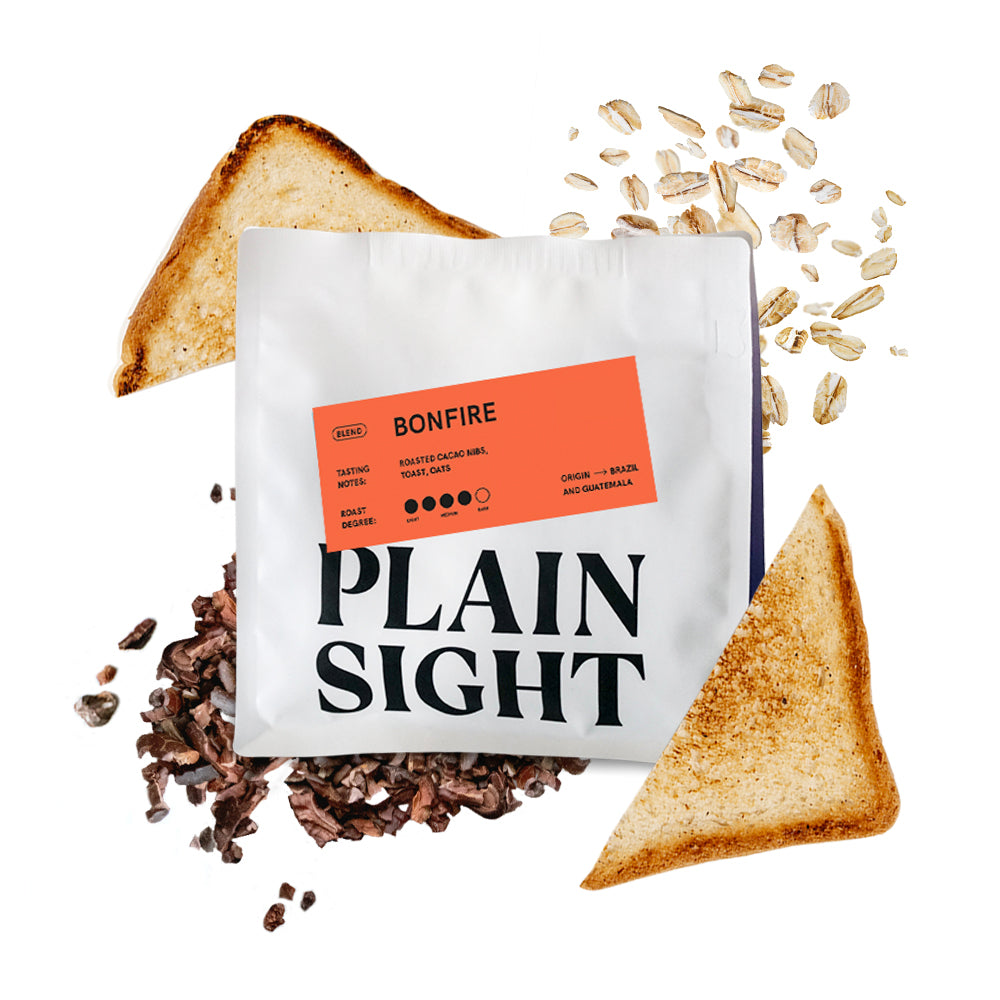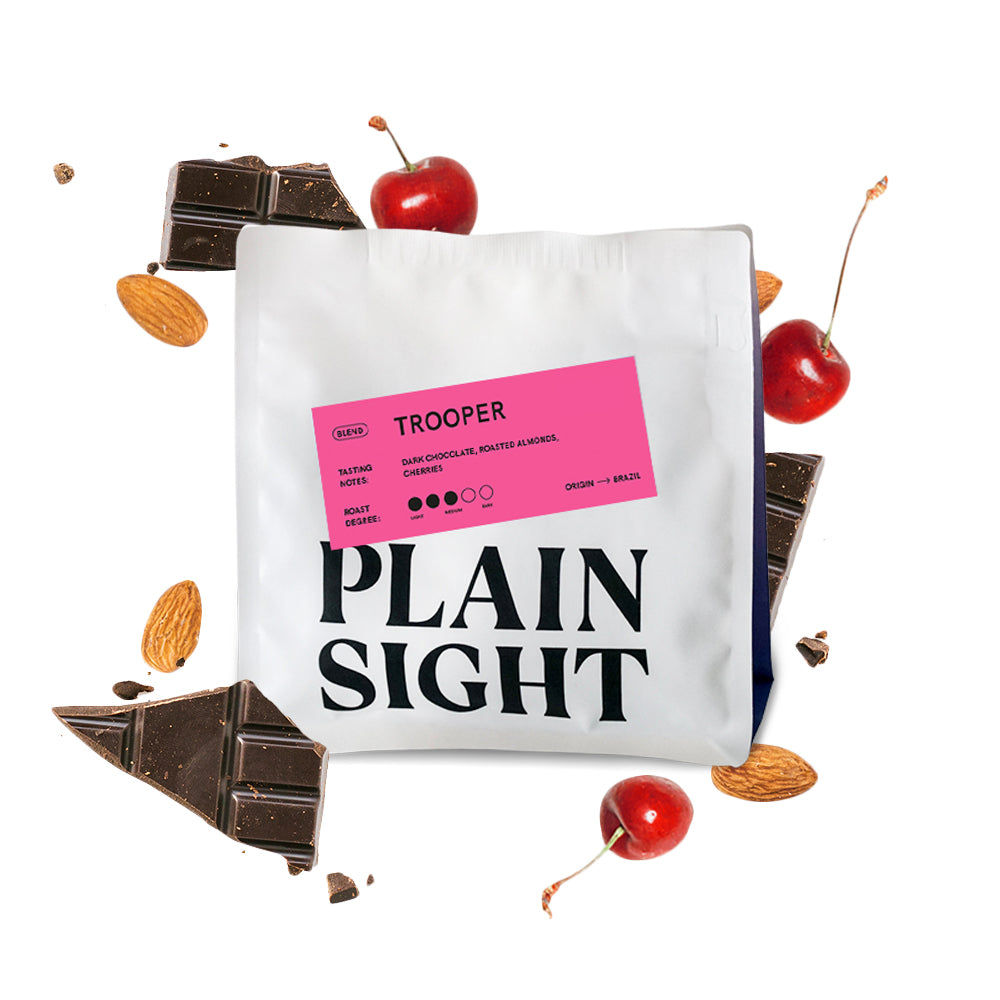Here at Plain Sight Coffee, we serve freshly-roasted specialty coffee made from the highest quality beans. And as someone who buys coffee, you might be wondering: “When is coffee considered specialty coffee?” While you might be able to taste the difference between commercial-grade and specialty coffee yourself, there’s actually a strict criteria on what can be considered as specialty coffee. This is done through both subjective and objective assessments, evaluating the coffee’s overall attributes. Even within the specialty coffee spectrum, there are varying degrees of quality. In this article, you’ll get a quick rundown on how specialty coffee is graded.

What Is Specialty Coffee?
The Specialty Coffee Association (SCA) defines specialty coffee as “a coffee or coffee experience that is recognized for its distinctive attributes, resulting in a higher value within the marketplace.” Previously, specialty coffee was solely determined by a score, with 80 and above classified as specialty. This evaluation is called the Q Grading Score, which uses green grading and cupping and coffee beans are given a score out of 100. Now, it’s determined on a more holistic approach, including sensory attributes, consistency, sustainability, and the impact on the people who produce and enjoy it.
Grading Specialty Coffee
Since 2004, certified graders would use a cupping system to assess its quality. This takes a look at the coffee’s flavor profile but does not take into consideration other factors like traceability. But the evaluation was revamped in 2020 where certified graders now use a more modern approach called the SCA Coffee Value Assessment, which looks at physical, sensory, and informational attributes:

Key Assessments:
- Physical Assessment: Coffee will be evaluated from its initial form as fresh green beans to its final roast. Characteristics such as defect count, moisture content, and bean size are measured.
- Descriptive Assessment: This evaluates sensory characteristics such as aroma, flavor, body, acidity, and aftertaste.
- Affective Assessment: Measures consumer preference and perception, capturing how different audiences experience and appreciate a coffee.
- Extrinsic Assessment: Focuses on factors such as variety, processing method, origin, and sustainability practices.
Coffee would be evaluated under four key assessments, where each attribute is graded on a scale of one to ten in a form. While the previous Q Grading System has a cutoff score of 80 to be considered specialty coffee, the CVA system evaluates coffee through multiple lenses of quality and value to decide if it qualifies as specialty.
Explore Our Specialty Coffee Collection
The careful process behind the Specialty Coffee Value Assessment ensures that only the finest coffees earn this special distinction. That’s why at Plain Sight, we’re passionate about every coffee we serve. We take the time to identify beans with exceptional roasting potential. Explore our collection to experience coffee at its finest.





